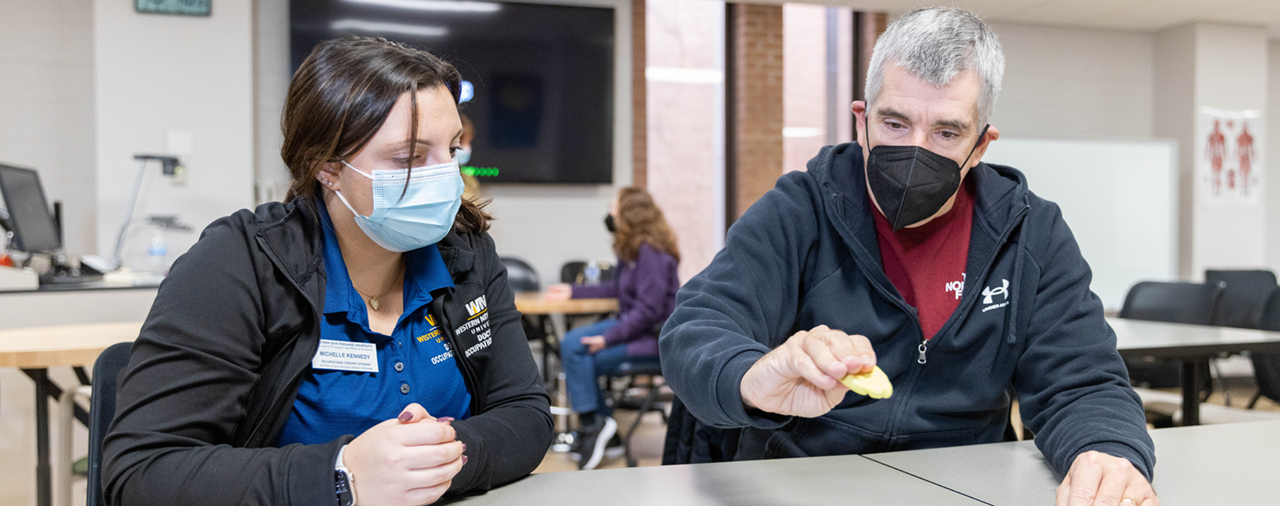Advancing Excellence in Occupational Therapy Education
Mission Statement
The Department of Occupational Therapy advances the mission of Western New England University through its commitment to developing and sustaining a professional education program that will contribute to the global healthcare workforce of the future. By supporting a professional faculty who combine practice expertise, teaching excellence, and a commitment to scholarship, the academic department is positioned to deliver an innovative entry-level doctoral program that prepares its graduates to be transformative agents of change in the healthcare marketplace of today and tomorrow.
Beyond the educational preparation of ethical, autonomous, culturally competent, and client-centered occupational therapy practitioners, the Doctor of Occupational Therapy (OTD) Program is unique in its commitment to developing practice scholars and community leaders who will shape new visions of occupational therapy practice that are guided by population health and interprofessional practice/education perspectives.
Philosophy of Education and Practice
The OTD Program is committed to the education of practitioners who believe that health and wellness is achieved by engagement in occupations (i.e. meaningful and purposeful activities and roles) throughout the lifespan. The faculty in the program further understand that disruptions in health and life patterns occurring as the result of illness, injury, or disability can negatively impact occupational performance and participation in these meaningful roles and occupations. It is the duty of academic professional programs to demonstrate a commitment to the integrity and standards of the profession.
Beyond the important beliefs that underlie entry-level practice is the understanding that doctor of occupational therapy programs must assume responsibility for fostering advanced knowledge in the field, as well as promoting the development of practice scholarship and the use of technology necessary for tomorrow’s healthcare leaders. It is also incumbent upon health related educational programs to create a responsive intraprofessional and interprofessional healthcare workforce prepared for 21st Century collaborative practice.


